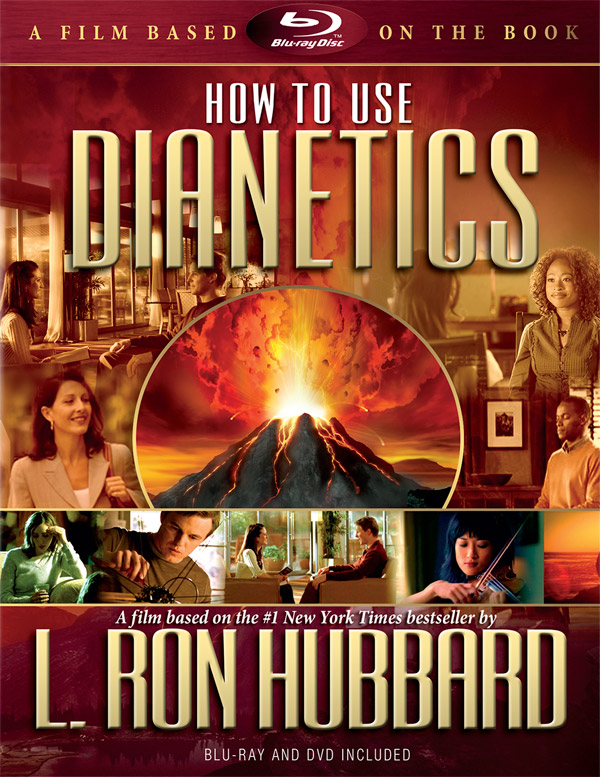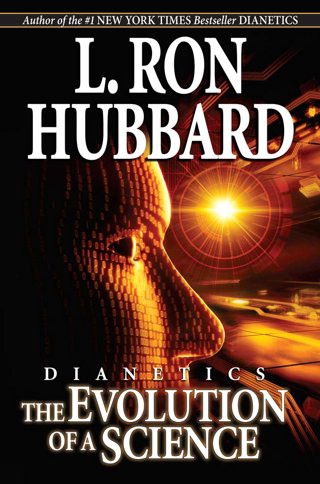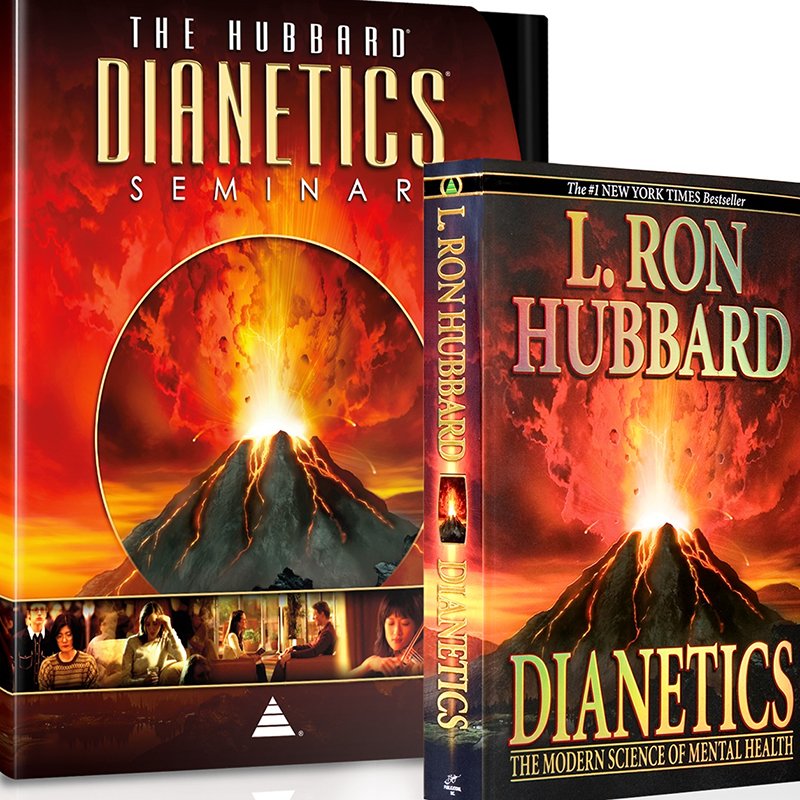The Facts About Dianetics Uncovered
Wiki Article
Dianetics for Beginners
Table of Contents10 Easy Facts About Dianetics Shown8 Easy Facts About Dianetics ShownDianetics Fundamentals ExplainedThe Ultimate Guide To Dianetics
I couldn't ever not intend to receive anything that comes to mind for you- if it was or else, I would not be resting here with you, doing this. I not just can never ever have a problem, or not wish to hear something that comes to mind for you, however I'm totally eager to know every concept, every idea, every photo or feeling that arises or shows up for you- do not ever before assume or else, and if for one reason or another you do, please simply allow me recognize! Often, you might have an idea, and image, concept or event appear that does not appear to answer the inquiry, or connect to it, yet however, constantly do tell me regarding it, and as we continue, the relevance will emerge for you.This is fundamental in the basis of processing, and the subject of this conversation: the basic roles of the therapist and the client: The fundamental role of the therapist is, in contrast to "standard training", not to manage, which indicates to implement and/or inhibit, yet to rather work from the basis of EMPOWERING THE CLIENT.

9 Easy Facts About Dianetics Described
John Mcmasters revealed this basic fact splendidly well in one of his talks on Power processing, wherein he clarifies exactly how he was asked what this "special propensity" was that he had for providing such terrific sessions; he needed to consider that for a minute, and found that it was what he had not been doing, in addition to what he was doing: he wasn't evaluating, judging, computer, or as a matter of fact, generating any kind of thoughts, let alone spoken expressions, after giving the command and while awaiting the PC to complete their solution to their contentment; he was, just and just, being present with the computer, and entirely interested.The duty of the counselor, demonstrated; that was his "unique flair". I have had my own experience which educated me this well, very early in the game. In 1982, having just recently finished my training and teaching fellowship on New Period Dianetics, I was running this on a COMPUTER, and there was a point in the session where (being a bit wet behind the ears not yet having numerous hours under my belt as a specialist auditor) the computer seemed to be "taking too lengthy" to share anything vocally after I offered him a command.
This trick ended up being one of the most valuable contribution that John ever before made to the subject of treatment or auditing (Dianetics). In my simple point of view, click to read it is the greatest contribution that any person has actually ever before made to these subjectsthe application is completely non-judgemental, non-evaluative, and devoid of any type of idea, advice or opinion.no preconditioned agenda for individuals, or 'levels' that they should do
In Idenics, the only resource of information about a client is the individual customer. In Scientology we prided ourselves on not examining for individuals. Yet all that actually indicated was that the auditor did not VERBALLY assess for the computer in session. The registrars and principles policemans evaluated for the computer.
The smart Trick of Dianetics That Nobody is Discussing

Any person that had actually ever seen John audit might not help however notice a distinct high quality in his auditing."The client's fundamental role is to be there with the objective of moving in the direction of their spiritual goals, and to easily and totally reveal and experience whatever manifests for them in answering the concerns and implementing the instructions in the processing.
This is something to procedure as needed. Also, people regularly have prior experience and/or brainwashing in auditing/processing which, in some ways, and to some levels, actually misleads them into attitudes, ideas and behavior patterns that prevent the full understanding of these duties, and so they will tend to inhibit the expressing of what comes to mind, as in the instances given over - Dianetics. * The first, and probably primary instances of mis-indoctrination bring about less than completely smooth and reliable sessions, can be found in certain elements of the training routines, or "TR's":"TR's" are usually an individual's initial, or at the very least early, experience in Scientology, and while I will go on internet to describe what I see as the flaws in idea and technique, nonetheless, have a tendency to be substantially healing, done as they are given (Hubbard urges that "TR's are not processing, they are educating", but factually, they are both handling AND training)
There is no "failing", and no denial of the reality of this being processing. The emphasis, as it should be, is on experiencing the various other individual's visibility.
The Buzz on Dianetics

Report this wiki page